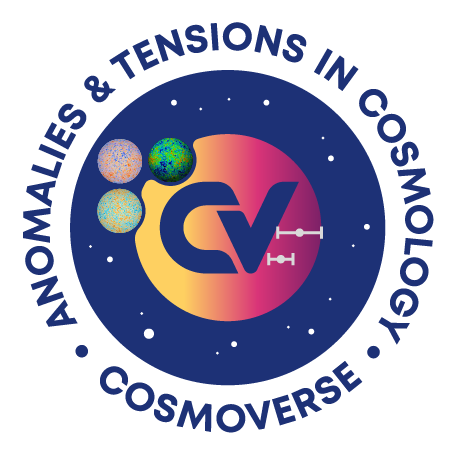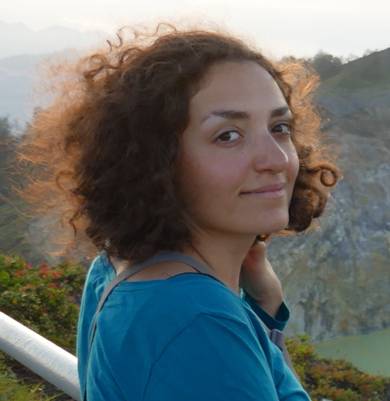What is your name, affiliation, academic position, and job title?
Marika Asgari, University of Hull, Lecturer
What is your journey? (Where did you live, learn and work?)
I did my Bachelor in Physics in Iran (where I am from), Sharif University of Technology. I then went to Bonn, Germany to do an MSc in astrophysics and then to Edinburgh, Scotland to do my PhD in cosmology. Following my PhD I stayed in Edinburgh for a few years as a postdoctoral researcher and then moved to Hull to take up a lectureship position in 2022.
What is your field of research and/or what project are you involved in?
I am an observational cosmologist and focus on probes of the large scale structures and in particular gravitational lensing.
What are your research plans?
I wish to better understand the nature of the dark Universe through analysing and modelling data from the probes of large scale structures and their combinations with other probes of cosmology.
How does CosmoVerse fit within those plans?
The tensions in cosmology might be due to our lack of understanding of the dark sector which encompass the majority of the energy budget of the Universe. With cosmoverse we aim to explore solutions to these anomalies which will deepen our understanding of the Universe and the dark sector.
What are the most exciting open questions in your research area?
Currently the most exciting question is exactly what this COST action is based on. Where do the cosmological tensions come from and what can be learnt from them.
What advances or new results are you excited about or looking forward to?
From cosmological data we know that most of the matter in the Universe does not interact with light and therefore is called dark matter. If dark matter is a particle then its direct detection would be very exciting!
What is your view on cosmic tensions? How does your work connect with this open question in the community?
My analysis of the Kilo Degree Survey data (KiDS-1000) has been one of the most prominent evidence for the tension in the structure growth parameter, S8.
In your career so far, at what point were you the most excited, and what were you excited about?
The work on KiDS-1000 was very exciting in general, but in particular the last stages of the analysis was super exciting, which was culminated when we unblinded the data (3 weeks before submission of the papers) and found the 3 sigma tension, our headline result.
What is the biggest obstacle that is slowing down your research field right now?
Modelling astrophysical effects! Unfortunately, everything we observe interacts with light, which means that we can’t observe the properties of dark matter directly. Normal matter has complex physics, because of its electromagnetic interactions and although it is less dominant it can still change the matter distribution in ways that are no longer insignificant.
What role do you think a community network like CosmoVerse can play in developing theoretical astroparticle physics and cosmology?
The diversity of expertise in cosmoverse is essential if we ever wish to achieve this goal. The community includes both theorists and observers (experimentalists). Working together we have a greater chance of creating models that can be tested against data.
What do you like and dislike about being a scientist?
The pursuit of truth and the problem-solving aspect of it are my favourites. Followed closely by lively discussions with peers and the learning that it creates. What I most dislike is the bureaucracy…
How do you relax after a hard day of work?
I play games (board games and video games), paint and draw or Rock climb.
If you were not a scientist, what do you think you would be doing?
I would be a detective!
In your view, what’s the most important challenge that humanity faces currently?
Climate change of course. But mostly the political side that is causing the challenge.
What question would you have liked us to ask you, and what would you have answered?
Nothing I can think of right now.

